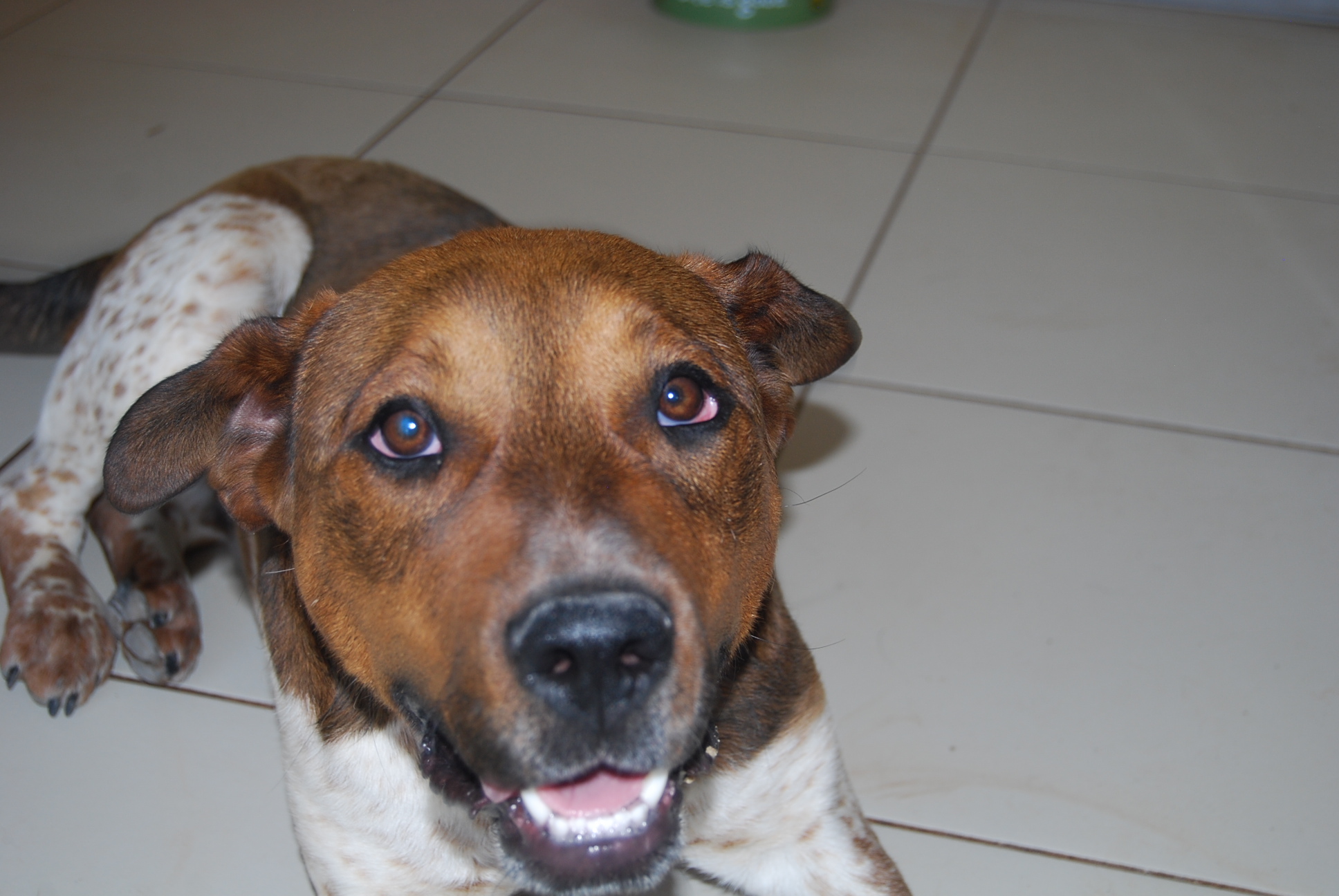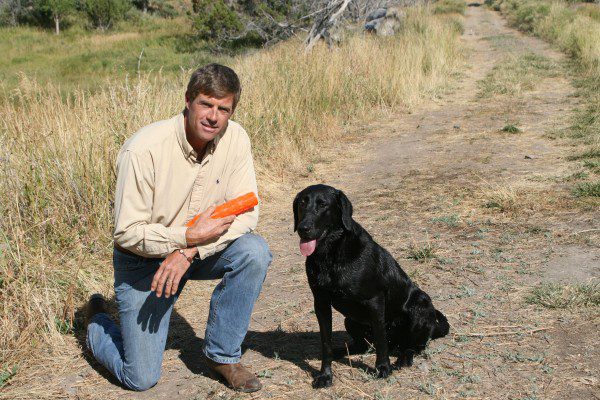
01 Jul Second Chance: Dog Daze of Summer
The hot weather can pose a host of health challenges for our furry friends so it’s important to remain attentive during the dog days of summer. Here are some things to consider:
- Hydration. Dogs and cats need lots and lots of fresh water during the summer months. This is not a luxury, but a necessity. Test your pets regularly to ensure they are properly hydrated. (Tent their scruff and see how quickly it flattens. If the skin doesn’t immediately flatten on their back, they are at least 5% dehydrated.) Dehydration can be dangerous so make sure to bring water with you (and a water bowl) on hikes and to events. Don’t just assume they can drink from puddles or irrigation ditches. (See below.)
- Watch the substrate they are walking on. Asphalt streets and walks can get very very hot during the summer. Test them with the BACK of your hand, hold it on the street or walkway for 5 seconds. If it hurts you, it’ll hurt them. Burned paw-pads can be very painful and take a long time to heal. Walk on grass, sand, light walkways, or carry your pet if necessary.
- Hot cars are death traps. Cars can quickly absorb enough sun (even with the windows open) to approach 120 degrees. Even cars in the shade can reach unsafe temperatures. Opt to leave your pet at home if leaving them in the car is the only option for an outing.
- Parasites are obviously a bigger issue in summer than in winter. It is recommended that you check for ticks every time your animal comes in from outside. If you let your dog drink from a creek, an irrigation ditch, or a river, keep in mind the potential risk of contracting giardia, intestinal parasites which cause severe diarrhea and require prescription medication to treat.
- Also beware of small cuts and puncture wounds in the summer. Flies can easily find a wound on a dog or cat and lay an egg in it. The heat, the raw flesh, and the fur combine to make a perfect environment for baby flies — better known as maggots. Blecccchhh.
- Finally, keep your pets close to home. The shelter gets lots and lots of strays in the summer. Pets roam more freely in the warm weather, travel can place them in unfamiliar territory, are spooked by thunderstorms, and guests can leave doors open. Make sure your beloved has tags, a collar with an up to date phone number on it, and a microchip. And there is even an option of placing a GPS “tile”on your pet’s collar so you can find them.
And now a word from our dog of the week – Max:
Hi animal lovers. My name is Max. I came to Second Chance as a stray. I love people and my new doggie friends here at the shelter! I’m a very sweet 10-month-old American Shelter Dog (the “a little of this and that and a lot of love” breed). I love belly rubs and playing tug, Most of all, I will love my new family forever and ever. Come meet me today.
Editor’s note: It’s no secret. The Telluride region is dog heaven. Well, pet heaven. Unless you are one of our furry friends who gets caught in the maw of neglect and abuse. Then heaven is on hold until Second Chance Humane Society comes to the rescue. Second Chance is the region’s nonprofit dedicated to saving animals’ lives and promoting responsible pet parenting and human-animal bond. In her weekly blog, executive director Kelly Goodin profiles at least one, generally two of the many animals now living at the no-kill shelter, Angel Ridge Shelter, a dog and a cat, hoping to find them loving permanent homes. The column is sponsored by Ted Hoff of Cottonwood Ranch & Kennel, who from time to time exercises his skills as a dog whisperer, partnering with Kelly and her staff to help train a particularly challenging animal.
By the by, there is no better place to park your pup than Cottonwood whenever you head out of town (for locals) or are heading to town and staying somewhere that does not allow pets. Consider joining Ted’s Very Important Dog (VID) Club for added benies. (Details on Ted’s website.)
Second Chance Humane Society Animal Resource Center and Thrift Shop are both located in Ridgway, but service San Miguel, Ouray & Montrose Counties. Call the SCHS Helpline at 626-2273 to report a lost pet, learn about adopting a homeless pet, or about the SCHS Spay/Neuter, Volunteer, Feral Cat, or other Programs. View the shelter pets and services online: www.adoptmountainpets.org




Sorry, the comment form is closed at this time.